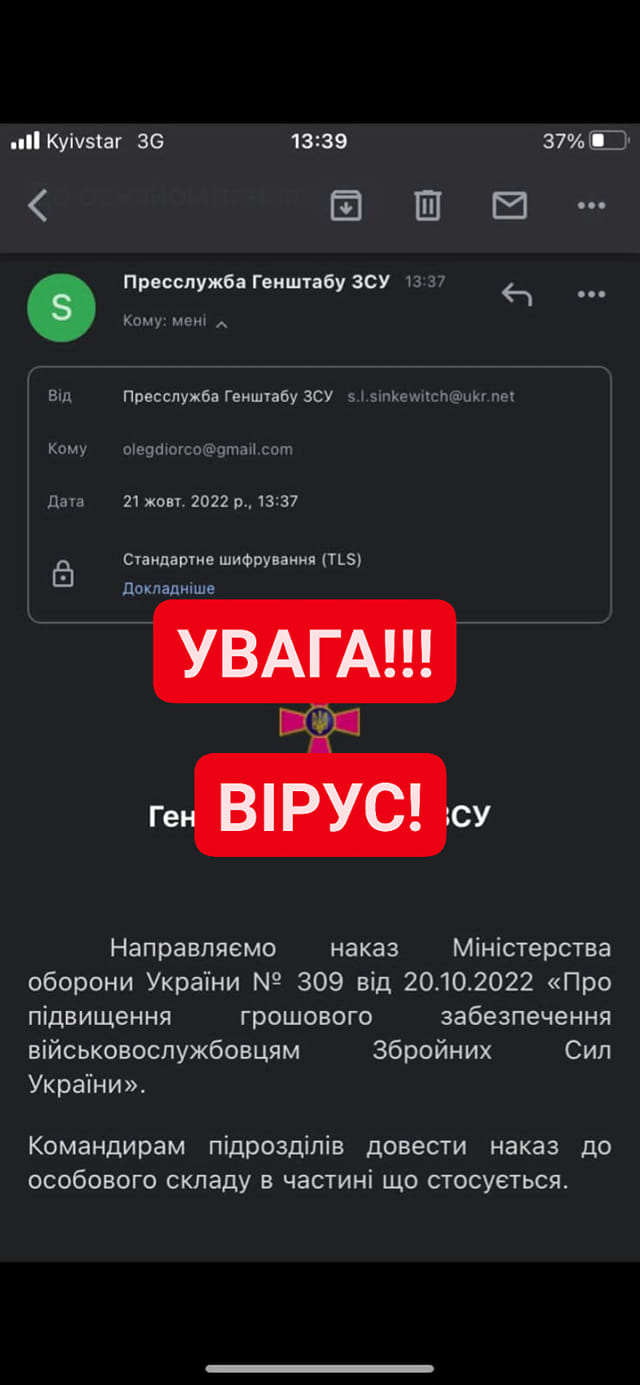Disclosure Russian cybercriminals hit with sanctions by three countries for distributing malware
Russian cybercriminals from the Evil Corp. group have been sanctioned by the US, UK and Australia, according to experts from the Center for Strategic Communications and Information Security.
The cybercriminal group is responsible for creating and distributing the Dridex malware, which was used to infect computers and steal credentials from hundreds of banks and financial institutions in more than 40 countries. The attacks cost US and international financial institutions and their customers more than $100 million, according to the US Treasury and the UK government.
The following were subject to sanctions:
- Maksym Yakubets, who headed the group's activities for a long time and developed close ties between Evil Corp. and the Russian special services, the FSB and the GRU.
- Eduard Benderskyi, a former FSB officer, and Oleksandr Ryzhenkov, a friend of Yakubets, accused of using the BitPaymer ransomware to attack American citizens.
- Victor Yakubets, father of Maksym Yakubets.
Britain has imposed sanctions on 16 members of the Evil Corp group, including asset freezes and entry bans.

